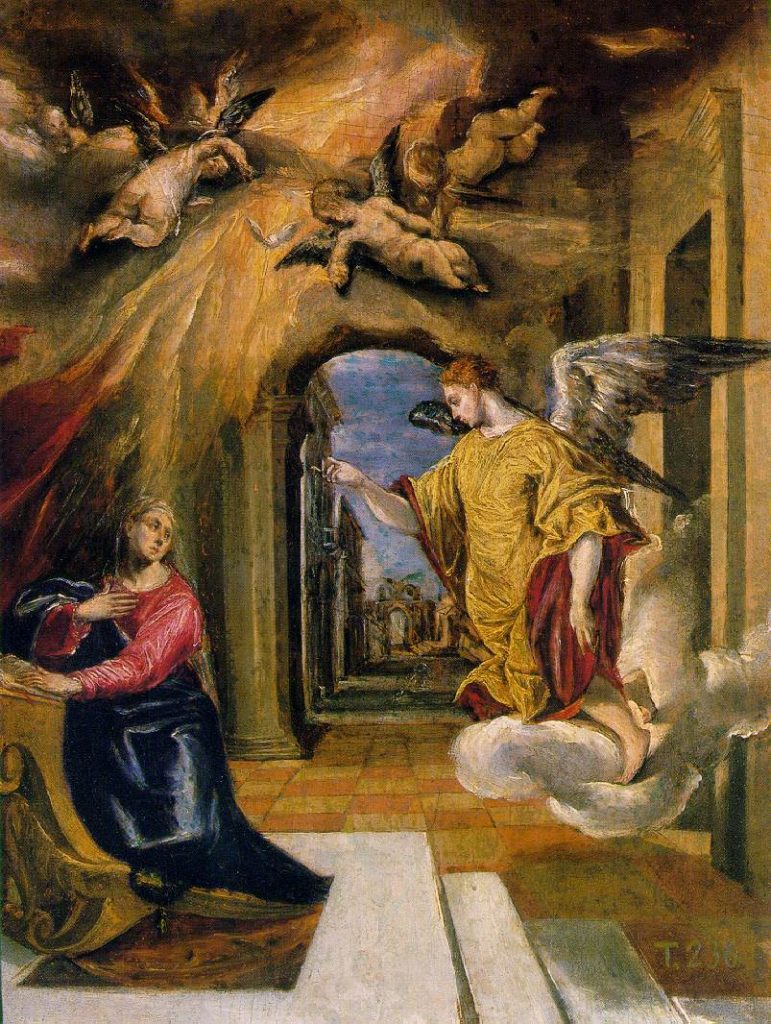The Hebgen Lake Earthquake of 1959 struck on a moonlit August night in western Montana,…
Unwed and Pregnant in Ancient Israel?

This post received an honorable mention from the Catholic Press Awards when it was published with permission by the Pittsburgh Catholic Magazine in 2018.
In our time and culture, unwed mothers are a common and (mostly) accepted reality of life. Unsurprisingly, that was not the case in first century Israel.
Jewish women in ancient Israel were passed from one male authority (their fathers) to another (their husbands) at a very young age. Most were betrothed by the time they were thirteen and married by fourteen. With such early marriages, premarital sex was most likely not common, but it did happen as we can see by the laws set in place in the Old Testament and the punishments meted out for breaking them:
If a man marries a girl who is claimed to be a virgin, and then finds that she is not, “they shall bring the girl to the entrance of her father’s house and there her townsmen shall stone her to death” (Deut. 22:20)
If a man has relations within the walls of a city with a maiden who is betrothed, “you shall bring them both out to the gate of the city and there stone them to death.” (Deut. 22:23) but if they were in the open fields, “the man alone shall die”, because if it was in the open fields, “though the betrothed maiden may have cried out for help, there was no one to come to her aid.” (Deut. 22:25-27)
If the maiden in question is not betrothed, the punishment is different. “The man who had relations with her shall pay the girl’s father fifty silver shekels and take her as his wife, because he has deflowered her. Moreover, he may not divorce her as long as he lives.” (Deut. 22:29)
As you can see, the status of betrothal was almost identical to the status of a married woman. A betrothed woman who lay with a man that was not her intended husband, was punished as if she had committed adultery.
Mary of Nazareth, unwed and pregnant, knew the punishment she faced—stoning. She had nothing but the story of an angel to tell her parents and Joseph, the man she had promised to marry. Joseph would have been well within his rights—even within his duty—to expose her sin and witness her execution.
It was only with the intervention of an angel and Joseph’s own faith-filled acceptance of the angel’s message, that saved both Mary’s life and the life of her unborn baby, the Incarnation of God.
Mary knew exactly what she would face in her home and community after she said her faith-filled “Let it be done to me according to your word” to the visiting angel. And still, she said yes. She trusted that God would take care of her, and he did, through her holy husband Joseph.
CLICK TO TWEET:
What happened to unwed pregnant girls in first century Israel? http://www.stephanielandsem.com/?p=1108
Unwed and Pregnant in Ancient Israel. What did Mary face when she said ‘Yes’ to God? http://www.stephanielandsem.com/?p=1108
What do you think would have happened if the Angel had come to a girl in these modern times? What would a modern Joseph have done?
This Post Has One Comment
Comments are closed.

Could you please give some historical sources to support your statement above:
“Jewish women in ancient Israel were passed from one male authority (their fathers) to another (their husbands) at a very young age. Most were betrothed by the time they were thirteen and married by fourteen.”
Cheers,